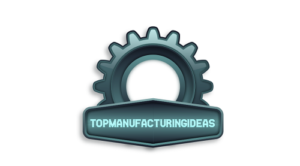As sustainability increasingly becomes a focal point for businesses, their efforts are aimed at reshaping their operations. Leveraging innovation, creativity, and advanced technology, they strive to redefine how products, components, and systems are conceived and manufactured.
Sustainability transcends fleeting trends; it embodies a conscientious practice aimed at curbing environmental impact and enhancing overall well-being. While individual approaches may vary, at the organizational level, the emphasis lies largely on creating opportunities for reusing and recycling resources throughout the manufacturing process.
In the dynamic landscape of technological advancement, new avenues emerge for integrating sustainable practices across industries. Manufacturing stands at the forefront of this transformation, necessitating a reevaluation of traditional methods and a commitment to environmental preservation.
Engineers and stakeholders are encouraged to embrace this mindset of recyclability, continually considering the complete lifecycle of products and systems. Through this approach, they can make informed decisions regarding materials and optimize production processes to promote a zero-waste cycle. Integration of modern technologies such as a NEMA gearbox further amplifies sustainable design, playing a pivotal role in minimizing waste and energy consumption.
For additional insights into the initiatives driving the shift towards a more sustainable lifestyle, be sure to read through the resource highlighted alongside this post.

Sustainability In Manufacturing Machine Design provided by Stober
